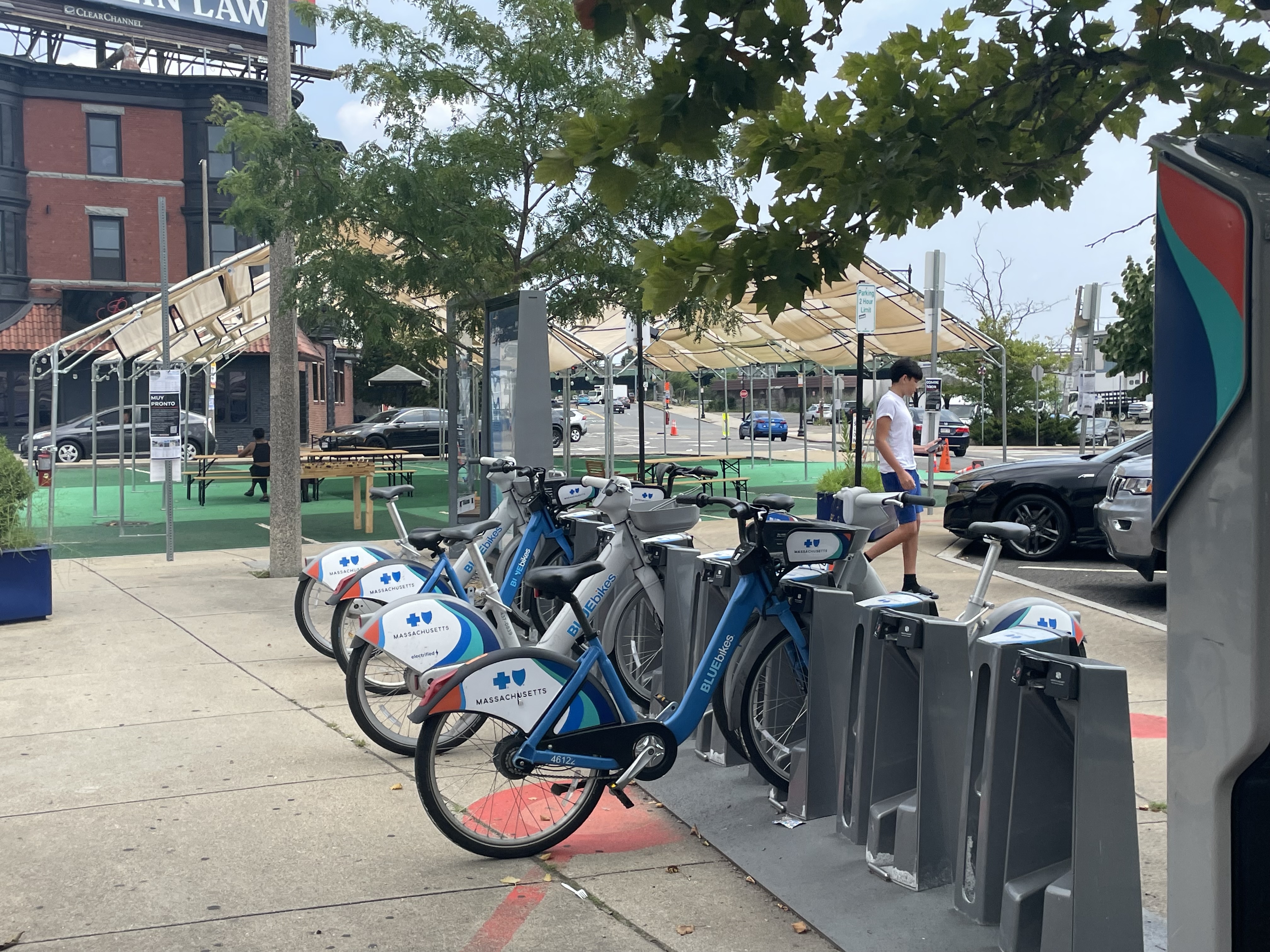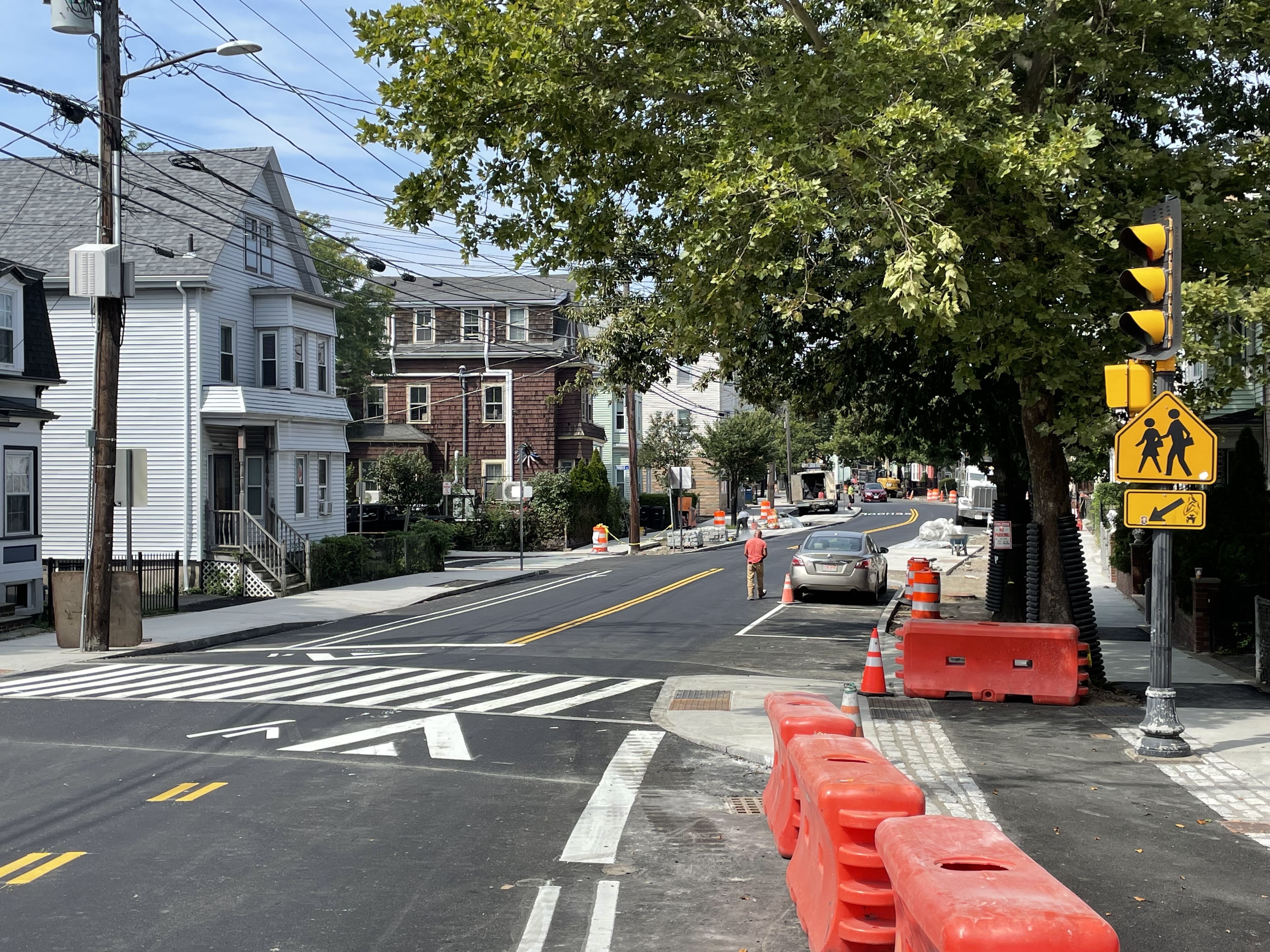
More Bluebikes Coming Soon: City of Boston Plans 100 New Bikesharing Stations Across the City - Streetsblog Massachusetts
Editor’s note: this article is an edited City of Boston press release. Mayor Michelle Wu and the Streets Cabinet announced the launch of a Citywide planning process to add 100 new Bluebikes stations across every neighborhood in Boston. The expansion will meet rising demand and increase the...
a bunch of new stations coming, starting this fall. Looks like major focus areas were the downtown-crossing pedestrianized area, north station, and north end. This should help with trips in the city although the infrastructure still ranges from good to non-existent in those areas. This should be a big boon even for existing stations as the increased capacity will reduce occurrence of arriving at a station with no open docks or trying to start your trip at a station with no bikes.


